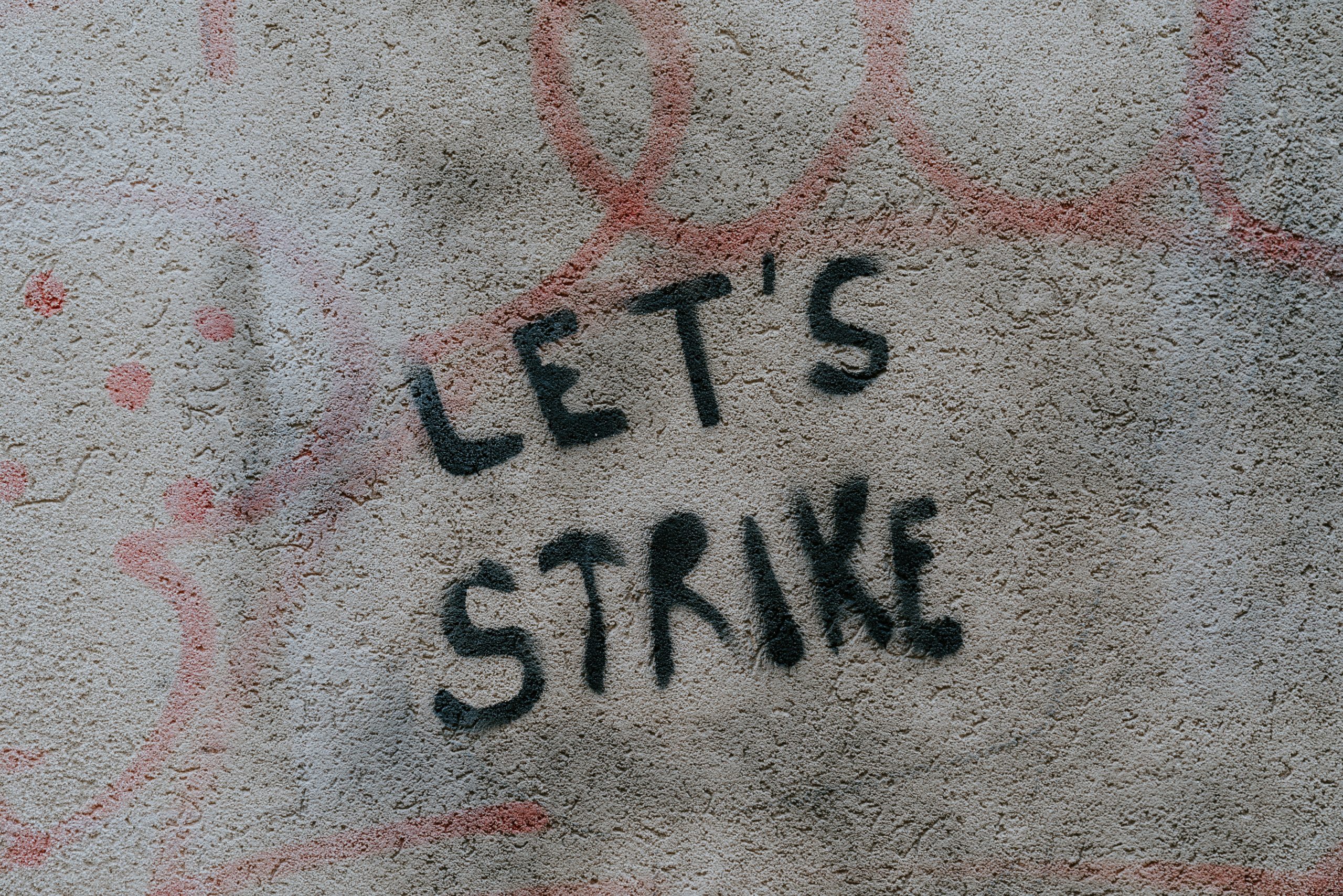Last year, in an attempt to lessen the disruption caused by an ongoing raft of front-line worker strikes that impacted schools, transport, Royal Mail, the NHS, and more, the Government introduced regulations allowing employers to take on temporary agency workers to fulfil the roles of those striking.
This move was met with widespread criticism as the regulations were accused of sabotaging the right to protest.
But today, the High Court has ruled those “strike-breaking” regulations are unlawful, restoring the previous long-standing law.
Alan Price, CEO at BrightHR, says, “At a practical level, the impact of today’s ruling on employers could be minimal given that the previous regulations were only in force for a year. Employers would have had to consider whether using temporary workers to cover striking workers was right for their business, given the training requirements and impact on employer relations.
“All industries affected by strike action will now have no option but to contend with a reduced workforce on strike days. Agencies will have to ensure that they are fully aware of this latest change as they are again not allowed to provide temporary workers to replace striking workers.
“However it remains to be seen whether the Strikes (Minimum Service Levels) Bill, which is currently making its way through parliament, will make it into law. If it does, it could mean that strikes will only be able to go ahead if a skeleton staff is maintained during industrial action to enable provision of services. This has also seen backlash, as it could mean some workers being forced to work during strike action.
“Whatever the outcome, employers need to stay informed of the latest changes in employment law, and amend their procedures accordingly, ensuring all staff are fully aware of their rights.”







